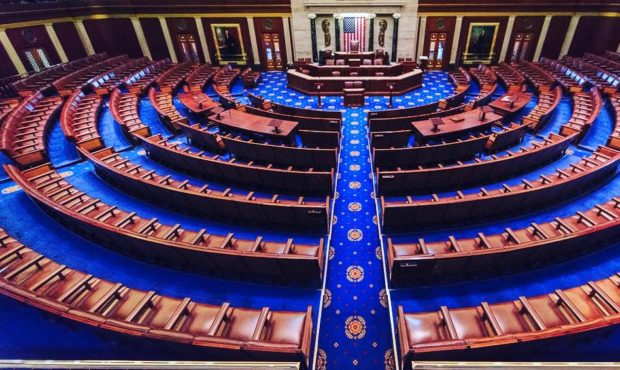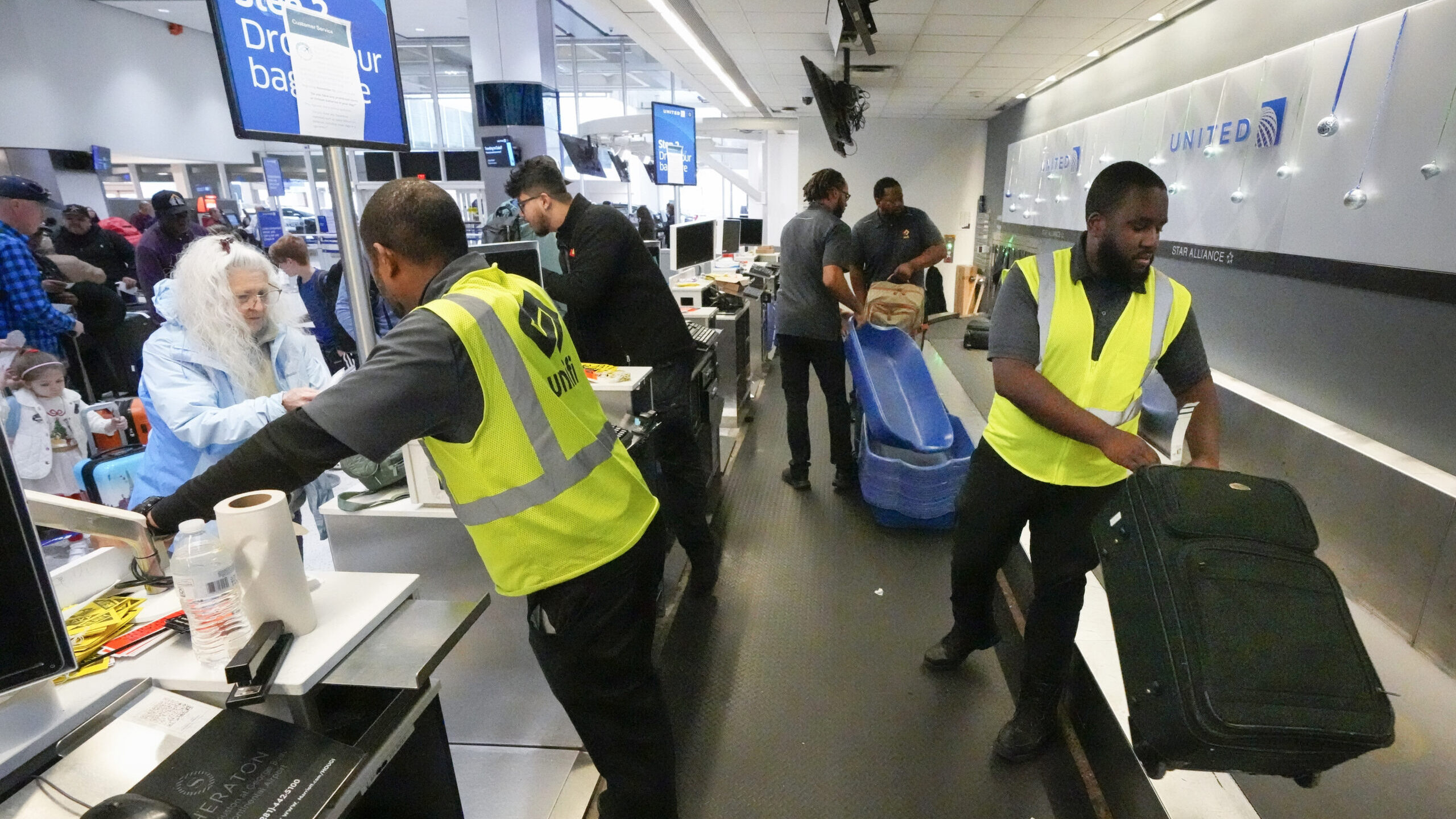Utah Congressional Votes: COVID-19 stimulus and defense spending
Dec 28, 2020, 8:03 PM | Updated: 8:08 pm

Speaker.gov
SALT LAKE CITY — Utah lawmakers have two important issues to vote for this week, one, the expansion of the second COVID-19 stimulus to Americans and whether or not to veto President Donald Trump’s vote against the latest defense spending bill.
Increase in COVID-19 stimulus
On Monday afternoon, the U.S. House of Representatives overwhelmingly voted to approve an increase in the second round of COVID-19 stimulus checks for the American public.
The original amount of $600 was proposed in H.R. 9051, which was passed by Congress and approved by President Trump. Monday’s vote changed the amount to $2,000.
The bill passed with a 275-134 vote. Rep. Rob Bishop, R-Utah, continues to recover from a mild stroke and was listed as “not voting” on the webpage of the office of the clerk of the U.S. House of Representatives.
Rep. John Curtis and Rep. Chris Stewart, both also R-Utah, voted “nay.” Utah’s lone Democratic representative, outgoing Rep. Ben McAdams, voted “yea.”
— Rep. Chris Stewart (@RepChrisStewart) December 28, 2020
The measure now moves to the U.S. Senate, where its future is not yet clear. Sen. Mike Lee, R-Utah, voted against the original package, which included a $600 stimulus for Americans.
2/4 This COVID relief bill – like the one Senate Democrats blocked for months out of pure partisan politics – contains some much-needed items to help Utahns recover including more funding for faster vaccine deployment and an expanded charitable deduction.
— Mike Lee (@SenMikeLee) December 22, 2020
Utah’s junior U.S. Senator, Mitt Romney, R-Utah,voted to approve the original stimulus package.
Relieved that this long-awaited, bipartisan emergency #COVID19 legislation has finally been signed into law. Help is now on the way to workers, families, and small businesses across the country who are desperately in need.
— Senator Mitt Romney (@SenatorRomney) December 28, 2020
Defense spending veto
Last week, President Trump vetoed The National Defense Authorization Act despite strong GOP support for the bill. The $740 billion spending package funded military programs, construction projects, and a 3% pay raise for American troops.
But it did not include a change to Section 230 of federal law, which provides legal protection to American internet companies. Pres. Trump also did not approve of a provision that required the Pentagon to rename military facilities that were named after Confederate leaders.
On Monday the U.S. House of Representatives voted to override the presidential veto. By a vote of 322 to 87, the veto override passed overwhelmingly.
Again, Bishop was not in Washington because he is recovering from a mild stroke and he did not vote on the veto repeal.
Curtis, Stewart, and McAdams all voted “yea” on the override.
I voted to override the President’s veto of the National Defense Authorization Act (NDAA). It includes a pay raise for our troops + helps the U.S. combat emerging threats around the world. I am also pleased that this year’s NDAA includes the toughest provisions on China in years,
— Rep. John Curtis (@RepJohnCurtis) December 29, 2020
I respectfully disagree with the President’s veto of the defense spending bill and will vote to override. Although I agree with his concerns over big tech and section 230, the defense bill is not the tool to achieve this goal.
— Rep. Chris Stewart (@RepChrisStewart) December 28, 2020













